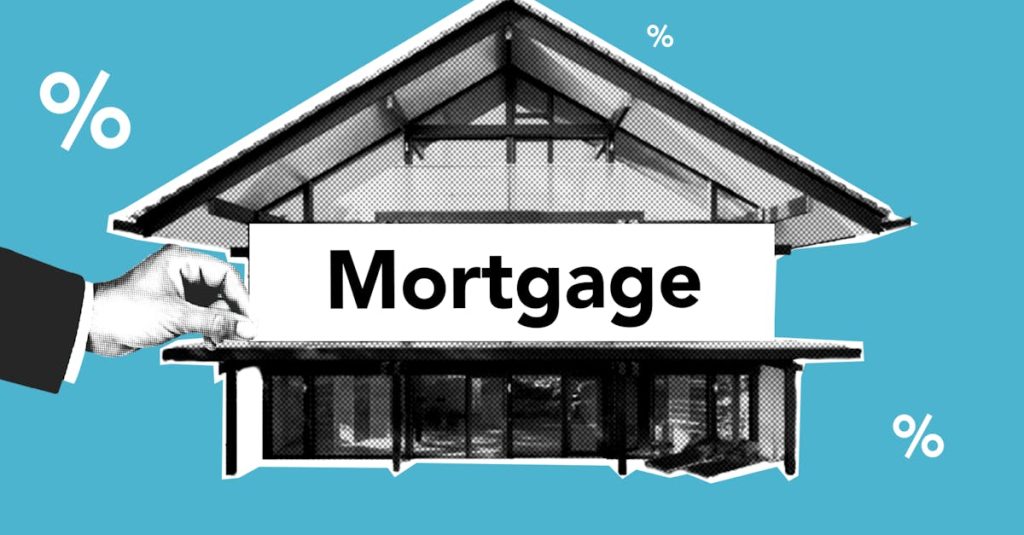How Federal Interest Rate Hikes in 2025 Affect Your Small Business Loan and Ways to Navigate Them
Estimated reading time: 5 minutes
- Understand the impacts of rising federal interest rates on small business loans.
- Explore strategies to manage borrowing costs effectively.
- Learn the importance of timing your loan applications.
Table of Contents
- Understanding the Federal Interest Rate Hikes
- How Rising Interest Rates Impact Small Business Loans
- Strategies to Navigate Interest Rate Hikes
- The Importance of Timing
- What Business Owners Should Do Now
- Conclusion
Understanding the Federal Interest Rate Hikes
The Federal Reserve plays a crucial role in the U.S. economy, particularly when it comes to setting interest rates. In response to inflationary pressures and changing economic conditions, the Federal Reserve has been gradually increasing interest rates since late 2024. According to the Federal Reserve Bank of St. Louis, as of January 2025, the federal funds rate stands at 5.25%, up from 4.75% at the beginning of the year.
These increases are typically aimed at curbing inflation by making borrowing more expensive. While this may succeed in cooling down inflation, it also means higher costs for small businesses looking to finance their operations. Understanding these dynamics is vital for making informed funding decisions.
How Rising Interest Rates Impact Small Business Loans
When the Federal Reserve raises interest rates, the repercussions extend to all types of loans that small businesses might pursue. Here are several key areas where these changes can affect your loan experiences:
Increased Borrowing Costs
As the federal interest rate rises, so do the interest rates on various types of loans. This includes:
- SBA loans: These loans often reflect the prime rate plus lender margins, meaning costs can rise as rates increase.
- Equipment financing: If you’re looking to invest in new technology or machinery, higher rates can significantly increase your monthly payments.
- Merchant cash advances: These can become more expensive as lenders adjust their terms in response to rate increases.
Impact on Cash Flow Management
Higher interest rates mean more money diverted to interest payments rather than operational expenses or growth initiatives. This can strain cash flow, making it more challenging to cover daily operations or plan for unexpected expenses.
Challenges in Securing Financing
Lenders might tighten their lending criteria in response to increased rates, leading to potential hurdles in securing funding. If you have a higher debt-to-income ratio or credit issues, you may find it more difficult to qualify for loans.
Strategies to Navigate Interest Rate Hikes
Despite the challenges, there are practical strategies that small business owners can deploy to navigate the impacts of rising interest rates effectively.
1. Diversify Your Financing Options
Consider a blend of different funding products to meet your needs. At Big Think Capital, we offer a range of financing options that can accommodate various cash flow situations:
- Working capital advances can provide quick funding without the long waiting associated with traditional loans.
- Lines of credit enable you to borrow only what you need when you need it, minimizing the impact of high-interest costs.
2. Lock in Fixed Rates When Possible
If you’re considering long-term financing, look for lenders offering fixed interest rates. This allows you to lock in a cost-effective rate before any further increases occur.
3. Strengthen Your Financial Position
Work towards improving your overall financial health to enhance your eligibility for loans during times of rising rates. Key ways to strengthen your position include:
- Paying down existing debt to improve your credit score.
- Maintaining organized financial records to present a clear picture to lenders.
- Exploring ways to increase your revenue without taking on additional debt.
The Importance of Timing
Timing your loan application is critical when interest rates are on the rise. Applying for funding now, before additional rate hikes, might save you money in the long run. A recent survey by the National Federation of Independent Business showed that small business owners are increasingly concerned about financing costs, making timely applications pivotal.
What Business Owners Should Do Now
As you consider your financing options in light of increasing interest rates, here are three practical takeaways to keep in mind:
- Assess your current debt load: Work on reducing existing debt to improve your chances of securing new financing.
- Stay informed about market trends: Regularly check financial news sources for updates on interest rate changes, as these can directly affect your funding options.
- Engage with financial experts: Consulting with experienced professionals can help you find the right fit for your financing needs while ensuring you understand the potential impacts of different loan products.
Conclusion
As we progress through 2025, the ripple effect of federal interest rate hikes will continuously influence the borrowing landscape for small businesses. Understanding these impacts and employing effective strategies is essential for maintaining financial agility and ensuring sustainable growth.
At Big Think Capital, our commitment is to empower small business owners with the knowledge and resources they need to thrive, even in challenging financial climates. If you are exploring financing options or seeking guidance on navigating rising interest rates, visit us at bigthinkcapital.com or speak with one of our funding experts today.
Empower your business with the right financial tools and strategies to weather the changing economic landscape and drive your success in 2025 and beyond.
FAQ
What are federal interest rate hikes?
Federal interest rate hikes refer to increases in the federal funds rate set by the Federal Reserve, intended to control inflation and stabilize the economy.
How do interest rate hikes affect loans?
Interest rate hikes lead to increased borrowing costs, making loans more expensive for small businesses and affecting their cash flow management.
What should business owners do to prepare for interest rate hikes?
Business owners should assess their current debts, diversify their financing options, and improve their financial health to better prepare for rising interest rates.






